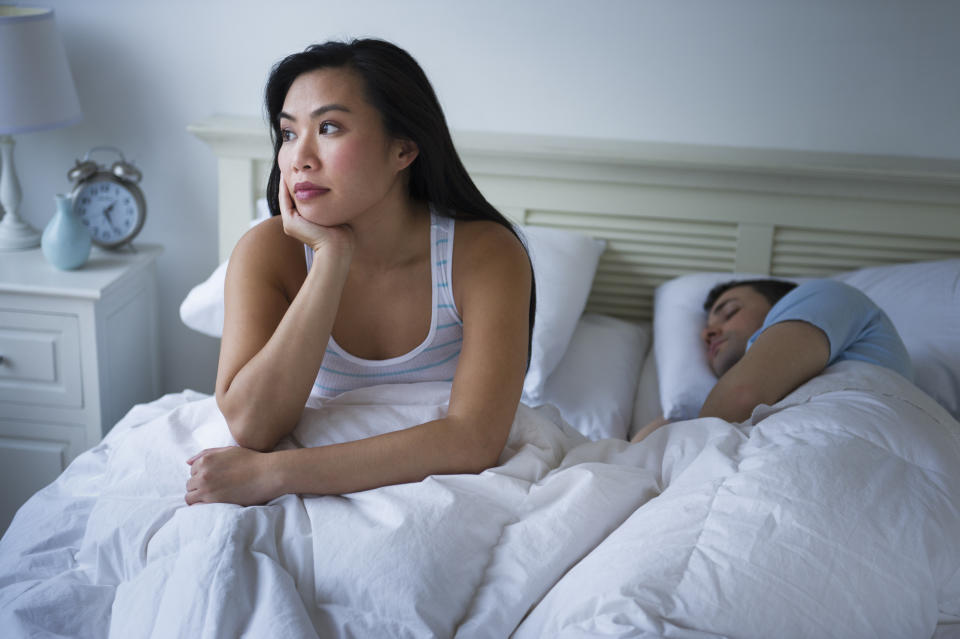Half of Australia CAN'T SLEEP because of money worries

A high proportion of Australians can’t get to sleep at night, because they’re busy worrying about money issues.
New research released for World Sleep Day on Friday has shown 43 percent of Australians say personal finances keeps them up at night, while 12 percent is counting sheep because of anxiety over the economy.
Additionally, 19 percent can’t get to sleep because of work issues, according to the survey commissioned by healthcare companies Nature’s Own and Sanofi.
While an estimated 10.9 million Australians have sleep issues each month and a stunning 4.8 million struggle multiple nights each week, almost half (48 percent) did not take any action to remedy the situation.
“The respondents in the study cited concerns about drowsiness and potential side effects as key reasons for not seeking treatment,” the report stated.
However, pharmaceutical and herbal remedies are not the only way to improve sleep, with the research suggesting daily routine changes such as:
Go to bed and get up at the same time each day
Create a relaxing environment with minimal technology and a comfortable temperature
Start unwinding before bed by having a warm drink, taking a relaxing bath, using lavender oil and avoiding use of technology
Avoid overloading your system with a heavy meal before bedtime
Limit your use of stimulants and caffeine intake to the mornings
Binge-watching was also affecting sleep health, the research found, with 15 percent staying up late to watch television and a quarter of young Australians (18 to 24 years old) not going to sleep in order to check social media.
Make your money work with Yahoo Finance’s daily newsletter. Sign up here and stay on top of the latest money, property and tech news.
Now read: Real estate investor crackdown: ATO targets dodgy deductions
Now read: $600,000 RAID – Cash thrown all over Sydney yard in panic
Now read: $20 MILLION GONE – Australian broker spent client money to cover losses

 Yahoo Finance
Yahoo Finance 